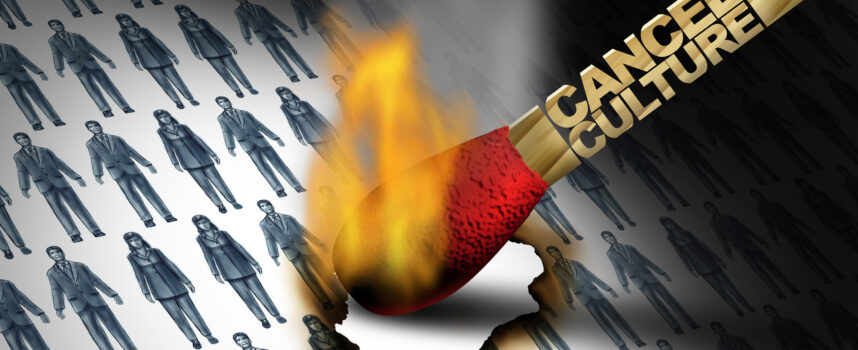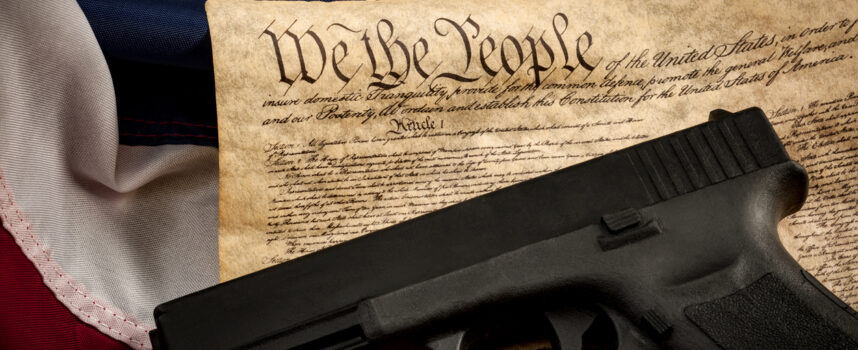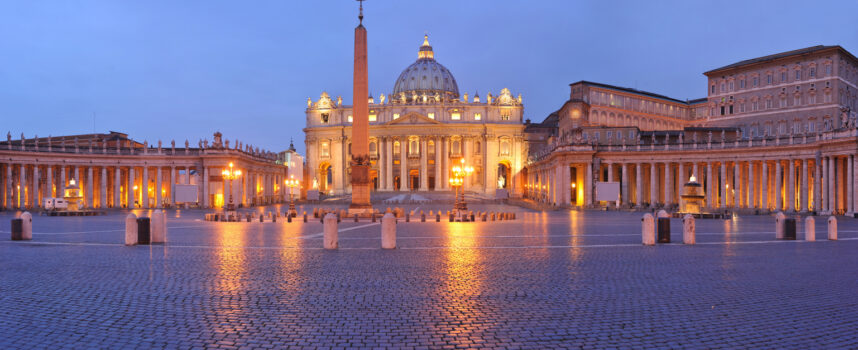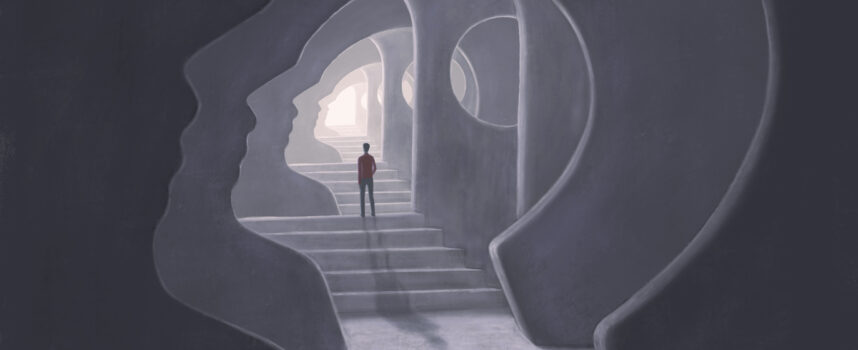Posts From Bruce Ashford
Postcolonial theory is something most Americans haven’t heard of. It is almost never mentioned by activists or media personalities. Yet, for decades it has shaped the thinking of America’s cultural elite and today pervades the thinking of everyday Americans. It plays a vital role in today’s politics. Here is what everyone should know about postcolonialism [ Read More ]
During the past several decades, the American political scene has morphed so significantly that the politics of the mid-twentieth century are now unrecognizable. One of the reasons for the shift in political thinking—and the subsequent unrest and polarization we now see—is a shift in the way people think about truth and morality. We can call [ Read More ]
One June 17, 1972, five perpetrators broke into the Democratic National headquarters in Washington, DC. Eventually, investigators discovered that then-President Nixon had approved plans to cover up his administration’s involvement in the break-in. In the end, 69 people were indicted and 48 persons convicted for clandestine and illegal activities on behalf of the Nixon administration [ Read More ]
Americans have long debated gun rights and gun control, but the discussion seems to have taken on a renewed intensity over the past couple of years. The debate is complex and multi-faceted. It has legal, ethical, and pragmatic dimensions; there is no consensus on any of the dimensions, and a person’s stance on the issue [ Read More ]
Here are a dozen books on Christian missions that I recommend to pastors, professors, and students. I will describe each book and then rank its level of difficulty on a scale of 1-5, with 5 being the most difficult. Level 1 is the category for a book you could give to any friend or family member. Level [ Read More ]
Early-twentieth-century Catholic theology was dominated by the “modernist” school, marked by higher criticism, questioning of the Church, and assimilation with modern culture. Several popes fought this trend by silencing and deposing theologians. In 1962, Pope John XXIII called the Second Vatican Council, bringing about significant change. This list provides a good starting point for thoughtful [ Read More ]
Here are twelve books I recommend to persons who wish to better understand the rise and development of Western thought. I will describe each book and then rank its level of difficulty on a scale of 1-5, with 5 being the most difficult. Level 1 is the category for a book you could give to [ Read More ]
odern theology is discourse about God in the context of modernity and the cultural ethos brought about by the Enlightenment. After Enlightenment thinkers denigrated special revelation in favor of natural theology, post-Enlightenment intellectual giants tried in various ways to move beyond their assertions. Kant focused on morality as the focal point of Christianity. Hegel homed [ Read More ]
Publishers are experts in publishing but often they are not very good at promoting. And, if you don’t have the financial resources to hire a top-tier publicist, you will need to roll up your sleeves and make your book a bestseller. You can do that by thinking like a publicist. Although you will need to [ Read More ]
During the past twenty years, I have taught courses in intellectual history via a “Great Books” program. From teaching these books, I learned a great deal. But never did I expect that I would learn a great deal about myself as an individual. But I did, and among the great literature, nowhere did I learn [ Read More ]










